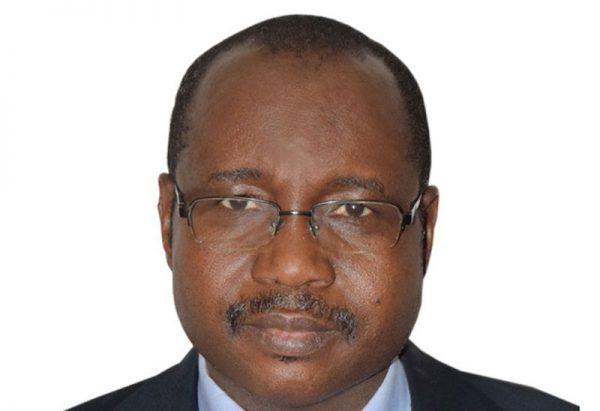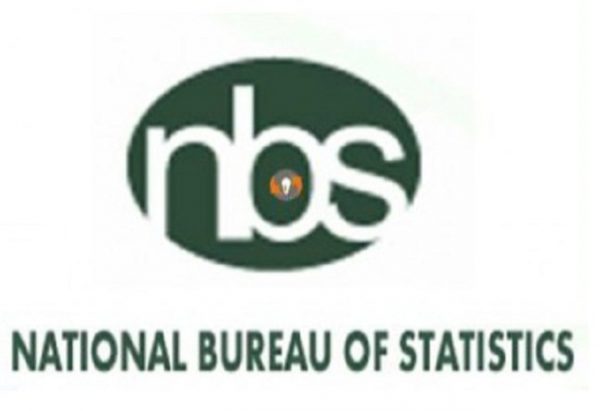Nigeria’s revenue prospects brighten as oil hits $67
The international oil benchmark, Brent crude, rose further on Wednesday to $67 per barrel, compared to Nigeria’s budget benchmark of $40 per barrel.
For Nigeria, which relies on crude oil for about 50 per cent of government revenues and over 90 per cent of export earnings, rising oil price means increased revenue.
On the other hand, rising oil price also translates to increased cost of petroleum products as the country depends heavily on imports due to a lack of domestic refining.
Brent crude, against which Nigeria’s oil is priced, rose by $1.77 to $67.14 per barrel as of 8.52pm Nigerian time on Wednesday, trading more than $27 higher than the Federal Government’s benchmark for the 2021 budget.
The 2021 budget, which was signed by the President, Major General Muhammadu Buhari (retd.), on December 31, was based on an oil price benchmark of $40 per barrel and a production level of 1.86 million barrels per day.
According to the budget, 30 per cent (N2.01tn) of projected revenues is to come from oil-related sources while 70 per cent is to be earned from non-oil sources.
“Crude oil production is projected to increase from 1.80mbpd in 2020 to 1.86mbpd in 2021, as economies recover from recession, and moderated by OPEC+ quota agreements,” the Minister of Finance, Budget and National Planning, Mrs Zainab Ahmed, said in January during her public presentation of the approved budget.
Oil prices climbed to fresh 13-month highs after the United States government data showed a drop in crude output after a deep freeze disrupted production last week, according to Reuters.
US crude oil production dropped last week by more than one million barrels per day during the rare winter storm in Texas, equalling the largest weekly fall ever, the Energy Information Administration said.
The international oil benchmark, Brent crude, rose further on Wednesday to $67 per barrel, compared to Nigeria’s budget benchmark of $40 per barrel.
For Nigeria, which relies on crude oil for about 50 per cent of government revenues and over 90 per cent of export earnings, rising oil price means increased revenue.
On the other hand, rising oil price also translates to increased cost of petroleum products as the country depends heavily on imports due to a lack of domestic refining.
Brent crude, against which Nigeria’s oil is priced, rose by $1.77 to $67.14 per barrel as of 8.52pm Nigerian time on Wednesday, trading more than $27 higher than the Federal Government’s benchmark for the 2021 budget.
The 2021 budget, which was signed by the President, Major General Muhammadu Buhari (retd.), on December 31, was based on an oil price benchmark of $40 per barrel and a production level of 1.86 million barrels per day.
According to the budget, 30 per cent (N2.01tn) of projected revenues is to come from oil-related sources while 70 per cent is to be earned from non-oil sources.
“Crude oil production is projected to increase from 1.80mbpd in 2020 to 1.86mbpd in 2021, as economies recover from recession, and moderated by OPEC+ quota agreements,” the Minister of Finance, Budget and National Planning, Mrs Zainab Ahmed, said in January during her public presentation of the approved budget.
Oil prices climbed to fresh 13-month highs after the United States government data showed a drop in crude output after a deep freeze disrupted production last week, according to Reuters.
US crude oil production dropped last week by more than one million barrels per day during the rare winter storm in Texas, equalling the largest weekly fall ever, the Energy Information Administration said.








